With larger vehicles facing issues reaching those in need in built-up areas, collaboration with Uber allows WFP to better coordinate, dispatch and track a fleet of smaller vehicles delivering relief items from warehouses to people in need in densely populated areas of Ukraine.
Through this platform, WFP can get its food closer to those people needing its support, dispatching deliveries in various sizes of vehicle, tracking each trip to its destination, and confirming deliveries have been made safely.
Through this collaboration, WFP has already delivered food from its warehouse in Dnipro to other parts of the city, ready for distribution. Further deliveries are also ongoing in other parts of the country, including Lviv, Vinnytsia, Kyiv and Chernivtsi. The progress of deliveries can be tracked in real-time through the platform.
“WFP is playing a critical role in providing food and cash assistance to those most affected by the war in Ukraine. This technology helps WFP facilitate its response and improves how we serve communities in Ukraine that rely on us,” said Matthew Hollingworth, WFP’s Emergency Coordinator in Ukraine.
“Using our technology, WFP can now schedule, dispatch, track, and manage deliveries by a network of cars and small vans to final distribution points within a 100km radius of WFP warehouses across the country”, said Dara Khosrowshahi, CEO, Uber.
This work is in addition to a US$250,000 donation made by Uber to World Food Program USA to support the emergency response in Ukraine. “
WFP has rapidly scaled up its operations in and around Ukraine over the past three months. By the end of June, WFP will be providing food and cash to more than 3 million people per month in the country.
 Oana Coșman
Oana Coșman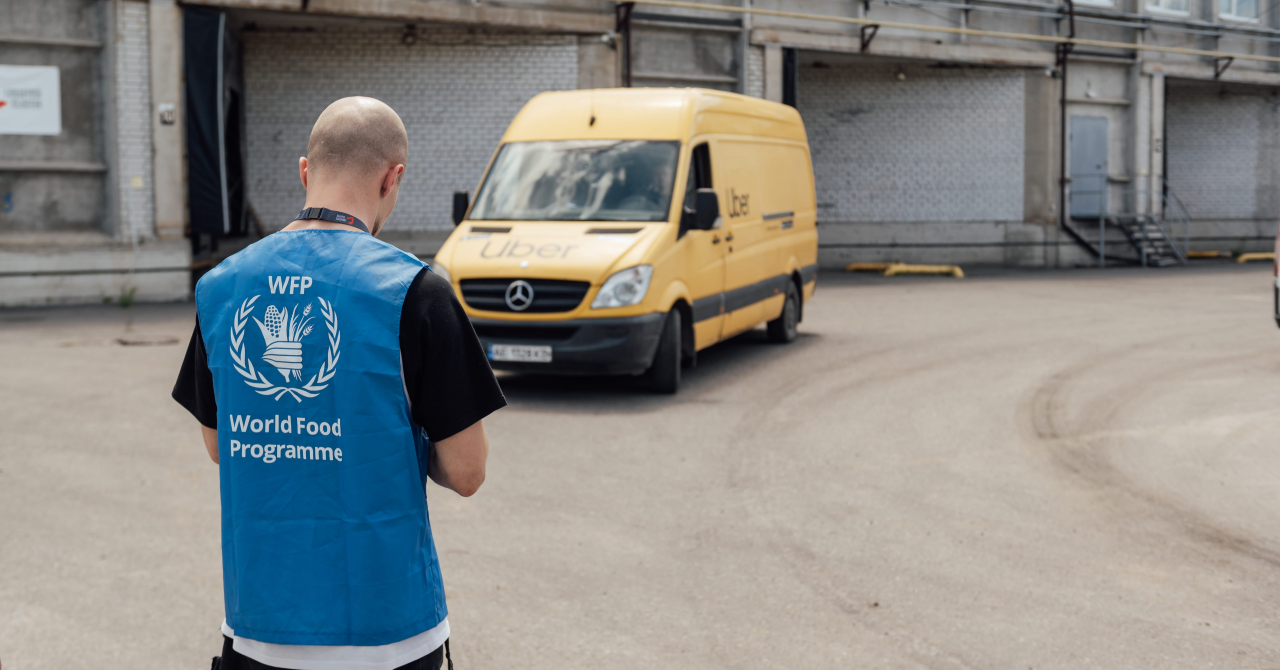

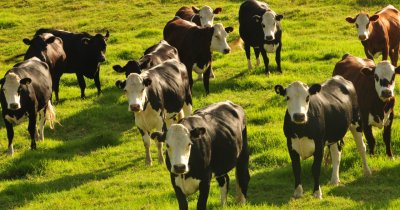



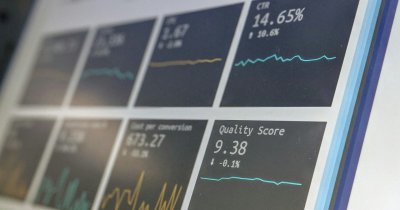

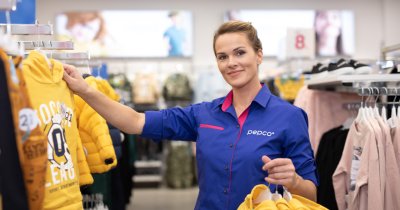
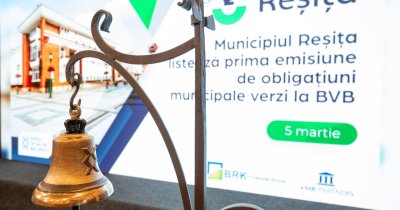



Any thoughts?